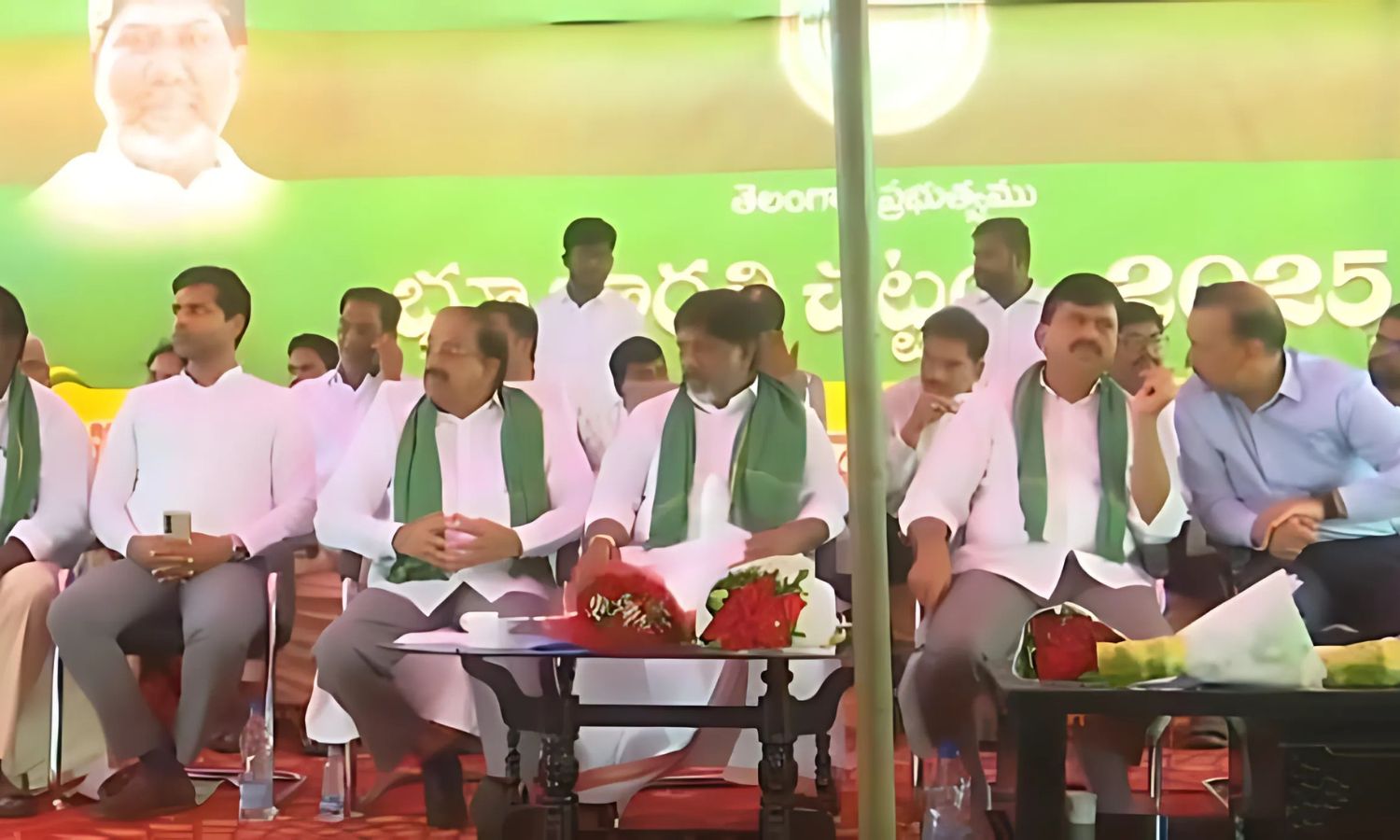Hyderabad: Telangana launched its much-awaited Revenue Sadassu meetings across the state today, aiming to sort out land disputes right at the villages where they arise. Teams of officials, guided by tahsildars, are heading to every revenue village with a clear message: “Prajalavaddake Revenue” (Revenue for the People). They’re plan is to settle land problems on the spot and let folks know about the new Bhubharathi-2025 law, which the government hopes will make things fairer for everyone.
The state brought in Bhubharathi-2025 to take over from the old Dharani portal, which many farmers blamed for making land matters a headache under the BRS government. This new law wants to make revenue work simpler and more open, fixing issues like outdated records or arguments over who owns what. Earlier this year, the government tried out Bhubharathi in a few places, picking one mandal in each district to hold meetings and explain how it works. Now, with orders from the top, these Revenue Sadassu gatherings will happen in every mandal from June 3 all the way to June 20.
In Khammam district, Deputy Chief Minister Bhatti Vikramarka, along with Revenue Minister Ponguleti Srinivas Reddy and Agriculture Minister Tummala Nageshwara Rao, got things started at a meeting in Mulugumadu village of Errupalem mandal. They told the crowd that the government is serious about fixing land troubles and making sure Bhubharathi-2025 helps farmers and landowners alike. In other districts, officials are also out in villages, sitting down with people to hear their complaints and walk them through the new law’s ins and outs.
These Revenue Sadassu meetings are all about getting to the bottom of local land issues things like boundary fights or mixed-up ownership papers that have been a pain for rural folks for years. Bhubharathi-2025 is supposed to clear up those messes by setting up an easier way to update records and settle disputes, unlike Dharani, which many said was too hard to use. Bhatti Vikramarka shared that the government wants people to trust them again, which is why they’re bringing these services right to their doorsteps, leaving no one out.
Over the next couple of weeks, officials will be in villages across every mandal, taking in complaints about land problems and working to fix them then and there. This direct approach is part of a bigger push to clean up the state’s revenue system, which has long been bogged down by red tape and whispers of corruption. While many are glad to see the effort, some farmers aren’t so sure yet—they’ve heard big promises before, but slow paperwork often left them hanging.

